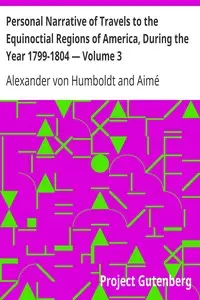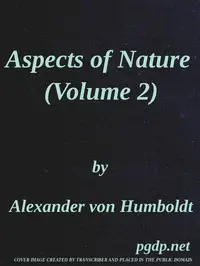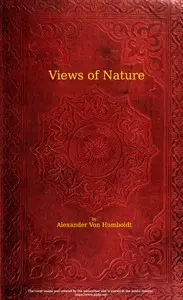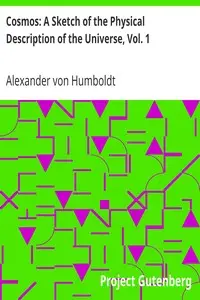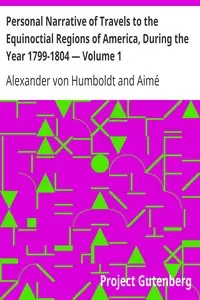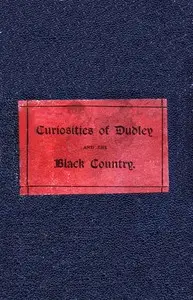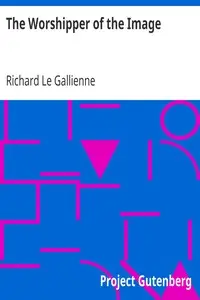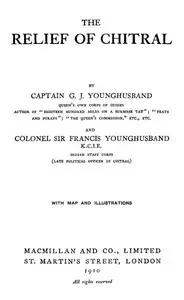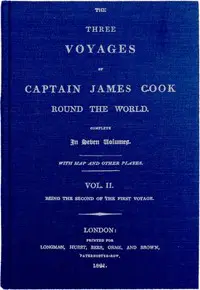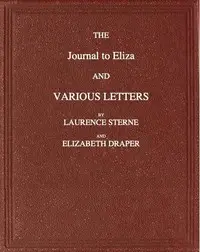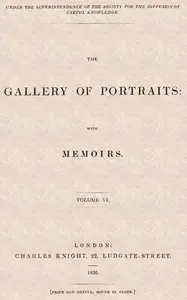"Letters of Alexander von Humboldt to Varnhagen von Ense" by Alexander von Humboldt is a collection of correspondence written in the 19th century. This compilation features Humboldt's letters to his friend Varnhagen von Ense, reflecting their intellectual friendship and offering insightful glimpses into Humboldt's thoughts, scientific inquiries, and the sociopolitical landscape of his time. The letters encapsulate Humboldt’s legacy as a pioneering scientist and thinker, showcasing his multifaceted contributions to various fields of knowledge. At the start of the work, we are introduced to Humboldt as he begins his correspondence with Varnhagen, exemplifying their close friendship and the candid nature of their exchanges. Humboldt expresses gratitude for Varnhagen's acknowledgement of his literary endeavors and shares details about his scholarly work, specifically discussing the titles and themes of his upcoming publications. The initial letters highlight Humboldt's artistic and scientific pursuits, while also touching on broader social issues of the era, providing a rich context for readers interested in the intersection of science, literature, and personal relationships among intellectuals of the time. (This is an automatically generated summary.)
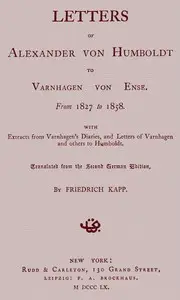
Letters of Alexander von Humboldt to Varnhagen von Ense. From 1827 to 1858. With extracts from Varnhagen's diaries, and letters of Varnhagen and others to Humboldt
By Alexander von Humboldt
"Letters of Alexander von Humboldt to Varnhagen von Ense" by Alexander von Humboldt is a collection of correspondence written in the 19th century. Thi...
Friedrich Wilhelm Heinrich Alexander von Humboldt was a German polymath, geographer, naturalist, explorer, and proponent of Romantic philosophy and science. He was the younger brother of the Prussian minister, philosopher, and linguist Wilhelm von Humboldt (1767–1835). Humboldt's quantitative work on botanical geography laid the foundation for the field of biogeography, while his advocacy of long-term systematic geophysical measurement pioneered modern geomagnetic and meteorological monitoring. Humboldt and Carl Ritter are both regarded as the founders of modern geography as they established it as an independent scientific discipline.

